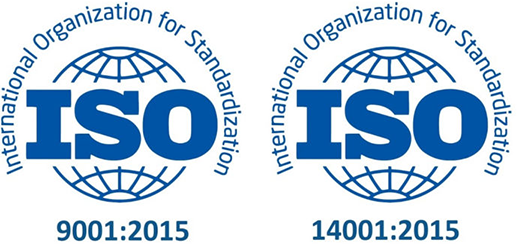Sustainable cities
In it Department of Sustainable Cities At Ecoterrae we develop design, management and implementation services for impact projects and initiatives for cities and rural and natural environments.
We help cities and administrations in their transformation towards sustainable, resilient, safe and inclusive spaces, through actions aimed at measuring emissions, modeling future scenarios, establishing greenhouse gas emissions reduction objectives and proposing measures aimed at adaptation to climate change.
The services we offer:

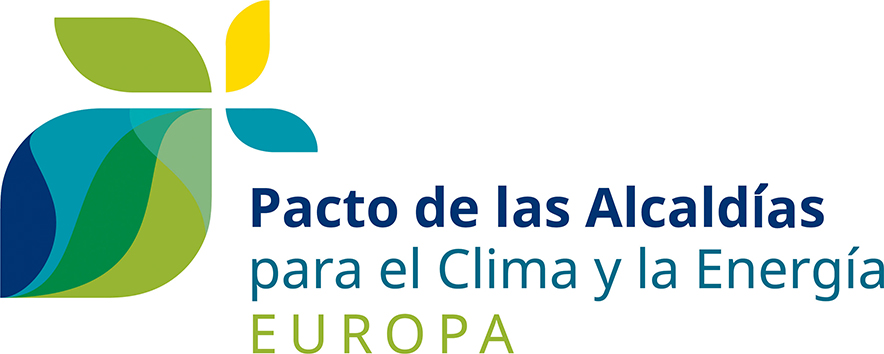
They are tools that aim to bring the climate and energy objectives set by Europe closer to all European municipalities. Through this Pact, the signatory municipalities assume, among others, the commitments of:
·Reduction of CO2 emissions and other greenhouse gases (mitigation).
·Increased resilience to the impacts of climate change Adaptation).
·Alleviate energy poverty.

Local plans for adaptation to climate change.
They are tools that analyze the present and future impacts and risks caused by climate change, offering a diagnosis of possible situations and proposing an action plan with measures aimed at adapting urban environments to these impacts and risks.

Municipal Plans against Climate Change (PMCC).
They are instruments that synthesize national and European policies to limit Greenhouse Gas (GHG) emissions and generate coordinated responses that adapt to vulnerable territories, ecosystems, sectors and communities against the impacts of climate change.

Studies of impacts, vulnerability, and risks to climate change.
They analyze information on the impacts of climate change for each sector or municipal (or regional) area, as well as the interrelation of risks between different areas, so that it can serve as a diagnosis of the current and future situation, knowing the risks derived from change. climate in Spain.

Public participations.
Their objective is to collect the opinion of citizens (and interest groups) affected by a project in execution, directly or through the organizations or associations that represent them, having the opportunity to propose any additional contributions they consider with the aim of improving the instruments and tools aimed at fighting climate change that we do at Ecoterrae.

Urban agendas
They are strategic and methodological frameworks that aim to guide urban transformation projects towards a global vision linked to sustainability and inclusivity.

Low Emission Zones (ZBE).
They are a tool against pollution and global warming. ZBEs are areas in which access to certain vehicles is restricted due to their emissions, that is, they are measures designed to improve the city's air quality.

Sustainable Mobility Plans for municipalities (PMUS).
They are a set of actions that aim to implement more sustainable forms of travel: walking, cycling and public transport, within urban environments, that is, inclusion of modes of transport that make economic growth, social cohesion and the defense of the environment, thus guaranteeing a better quality of life for citizens.
Throughout our journey, we have accompanied more than 100 municipalities in the preparation of their PAES/PACES, complying with the commitments established in the Covenant of Mayors, also helping them to develop the different plans and tools available and with which we work, guiding them in the path of mitigation and adaptation to climate change.
Success stories

Sustainability in a company
In current times, sustainability in a company has become a fundamental priority to face environmental and social challenges. In this
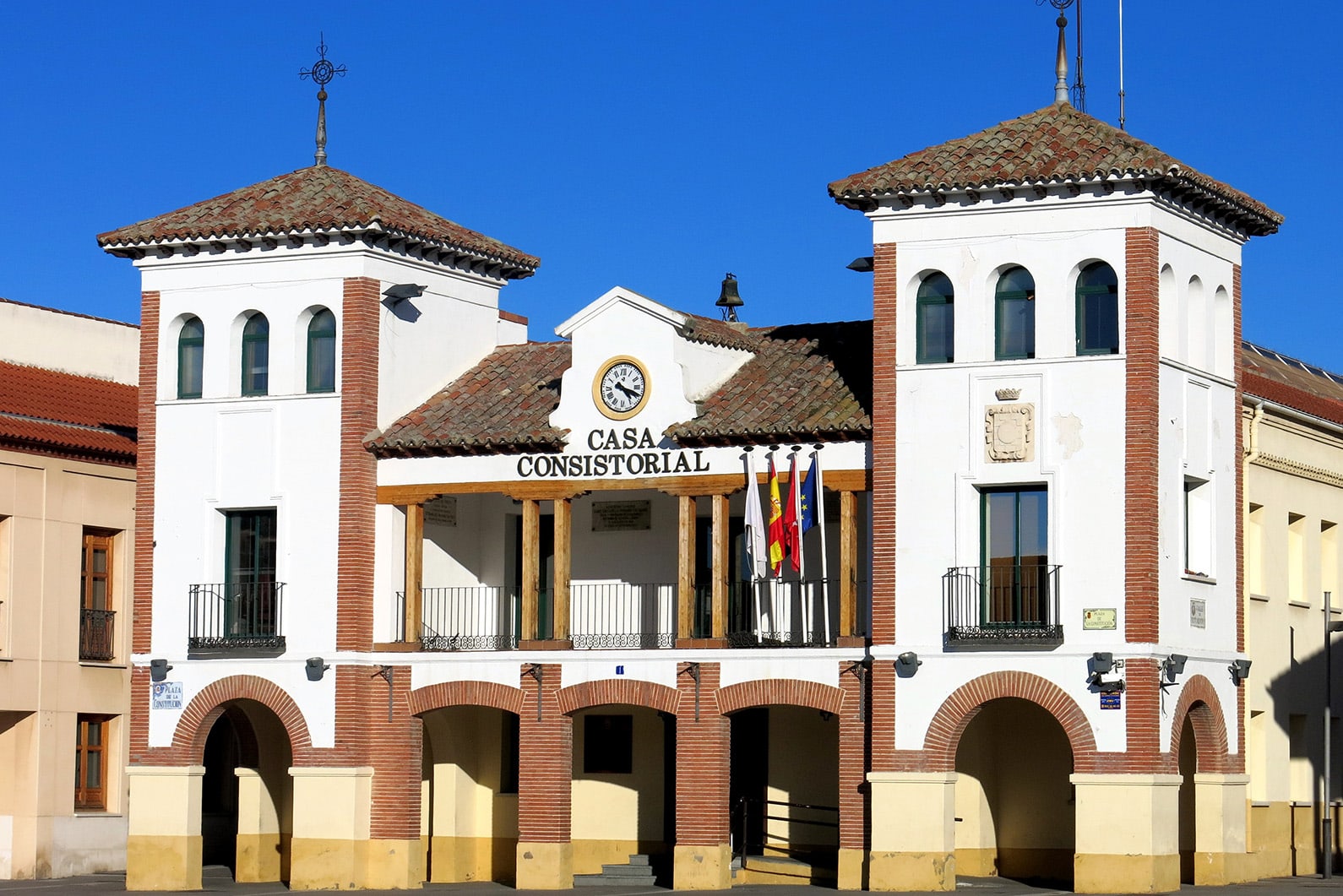
Ayto. Pinto
The Pinto City Council (Community of Madrid) began its path with us a few years ago towards meeting the climate and energy objectives set.
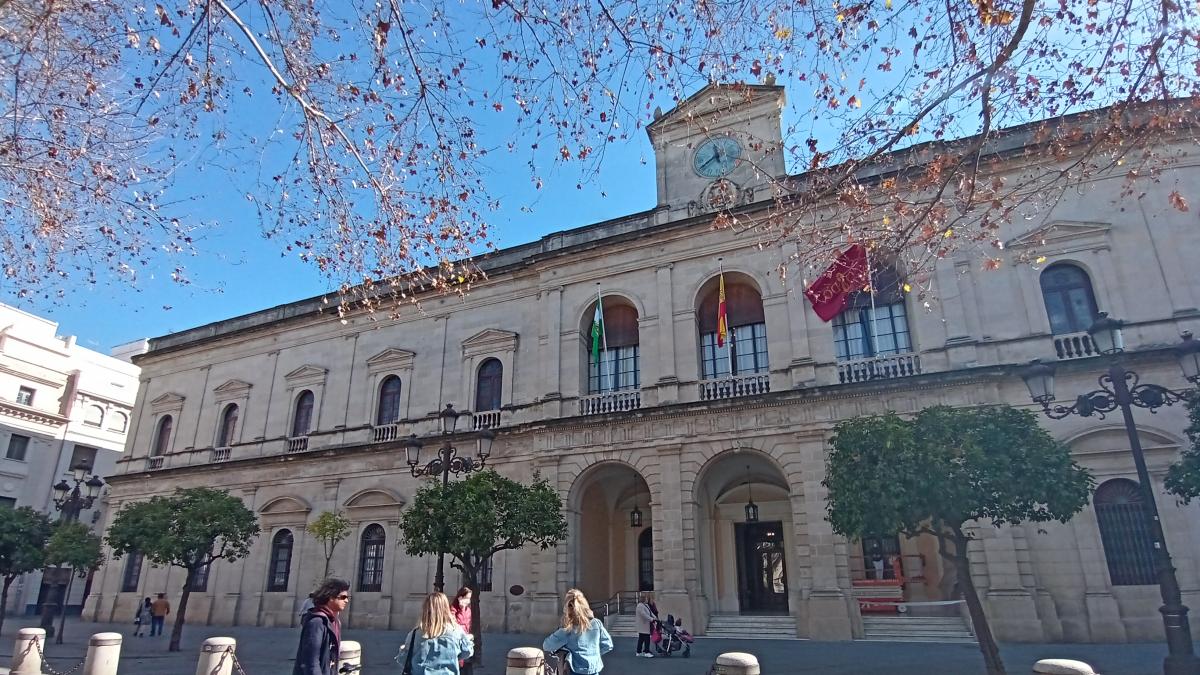
Seville Town Hall
The collaboration with the Seville City Council began in 2017, the year in which Ecoterrae participated in the project to prepare the Plan.

Sustainable cities
In it Department of Sustainable Cities At Ecoterrae we develop design, management and implementation services for impact projects and initiatives for cities and rural and natural environments.

We help cities and administrations in their transformation towards sustainable, resilient, safe and inclusive spaces, through actions aimed at measuring emissions, modeling future scenarios, establishing greenhouse gas emissions reduction objectives and proposing measures aimed at adaptation to climate change.
The services we offer:

Action Plans for Climate and Sustainable Energy (PACES).
They are tools that aim to bring the climate and energy objectives set by Europe closer to all European municipalities. Through this Pact, the signatory municipalities assume, among others, the commitments of:
·Reduction of CO2 emissions and other greenhouse gases (mitigation).
·Increased resilience to the impacts of climate change Adaptation).
·Alleviate energy poverty.

Local plans for adaptation to climate change.
They are tools that analyze the present and future impacts and risks caused by climate change, offering a diagnosis of possible situations and proposing an action plan with measures aimed at adapting urban environments to these impacts and risks.

Municipal Plans against Climate Change (PMCC).
They are instruments that synthesize national and European policies to limit Greenhouse Gas (GHG) emissions and generate coordinated responses that adapt to vulnerable territories, ecosystems, sectors and communities against the impacts of climate change.

Studies of impacts, vulnerability, and risks to climate change.
They analyze information on the impacts of climate change for each sector or municipal (or regional) area, as well as the interrelation of risks between different areas, so that it can serve as a diagnosis of the current and future situation, knowing the risks derived from change. climate in Spain.

Public participations.
Their objective is to collect the opinion of citizens (and interest groups) affected by a project in execution, directly or through the organizations or associations that represent them, having the opportunity to propose any additional contributions they consider with the aim of improving the instruments and tools aimed at fighting climate change that we do at Ecoterrae.

Urban agendas
They are strategic and methodological frameworks that aim to guide urban transformation projects towards a global vision linked to sustainability and inclusivity.

Low Emission Zones (ZBE).
They are a tool against pollution and global warming. ZBEs are areas in which access to certain vehicles is restricted due to their emissions, that is, they are measures designed to improve the city's air quality.

Sustainable Mobility Plans for municipalities (PMUS).
They are a set of actions that aim to implement more sustainable forms of travel: walking, cycling and public transport, within urban environments, that is, inclusion of modes of transport that make economic growth, social cohesion and the defense of the environment, thus guaranteeing a better quality of life for citizens.

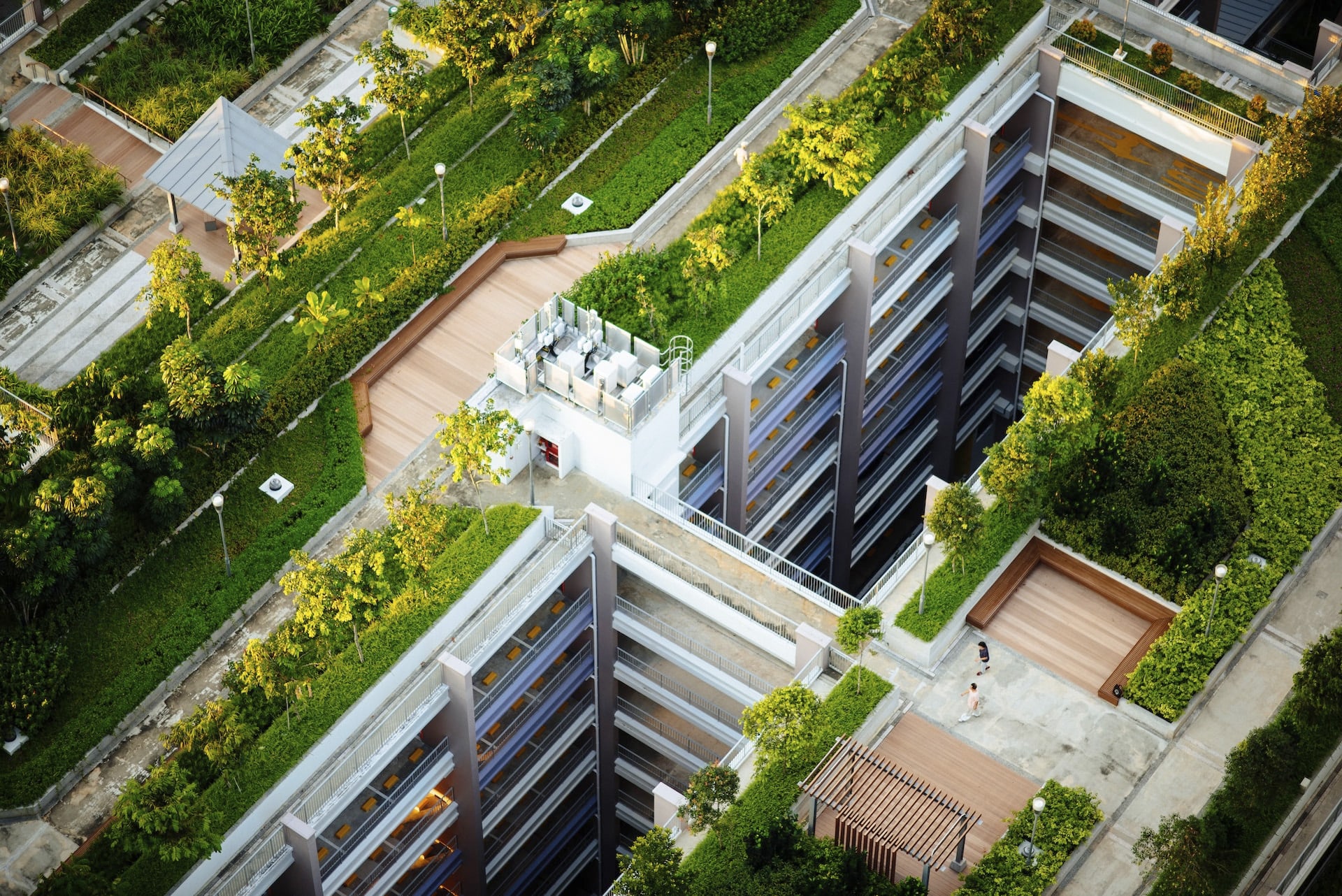
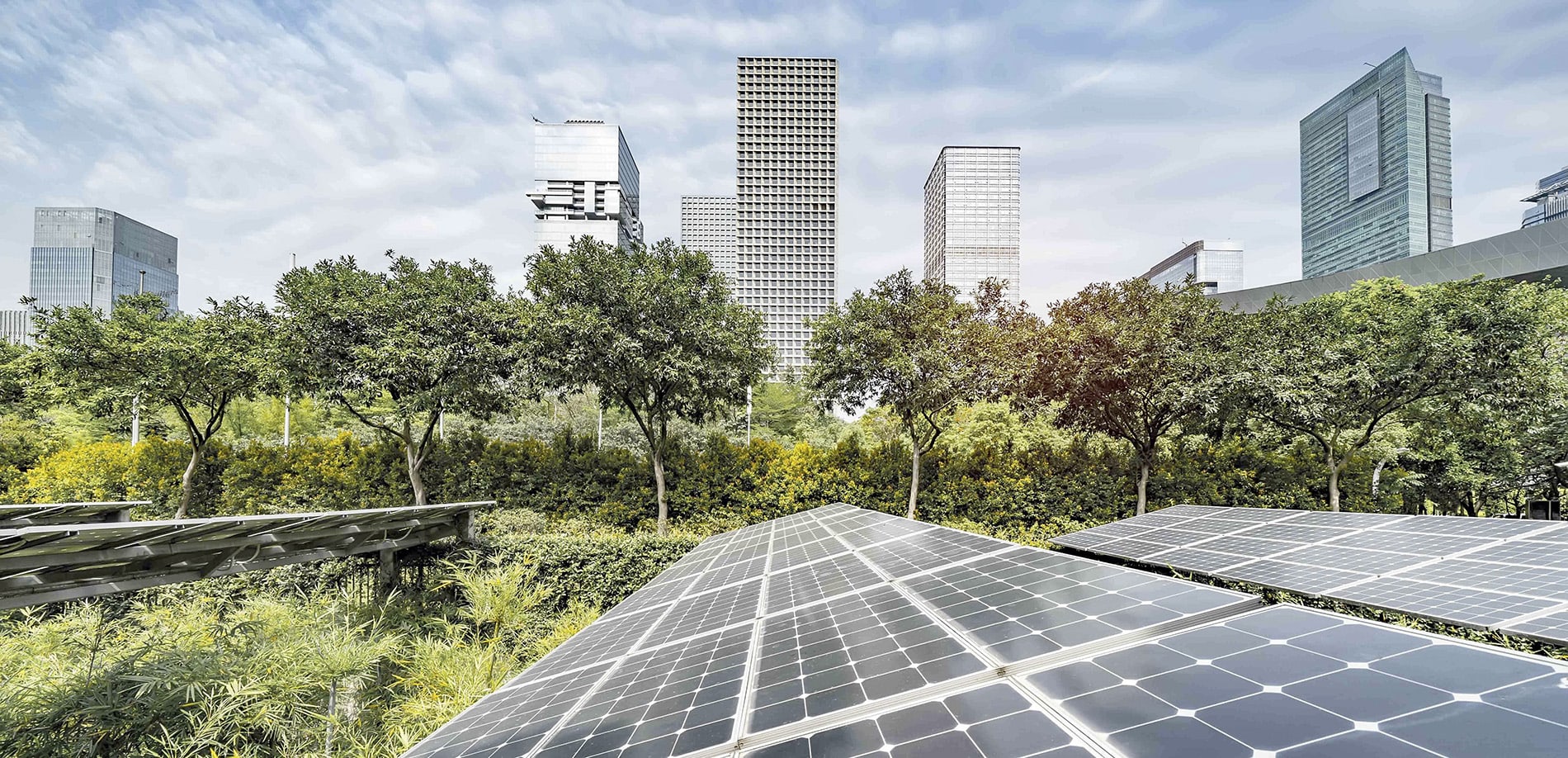
Throughout our journey, we have accompanied more than 100 municipalities in the preparation of their PAES/PACES, complying with the commitments established in the Covenant of Mayors, also helping them to develop the different plans and tools available and with which we work, guiding them in the path of mitigation and adaptation to climate change.
Success stories

Characteristics of sustainable cities
In a changing world, sustainable cities emerge as a key response to urban and environmental challenges, uniting planning and awareness. These cities are not only looking

Sustainability in a company
In current times, sustainability in a company has become a fundamental priority to face environmental and social challenges. In this

Ayto. Pinto
The Pinto City Council (Community of Madrid) began its path with us a few years ago towards meeting the climate and energy objectives set.
